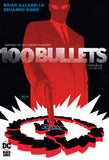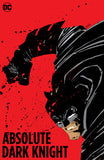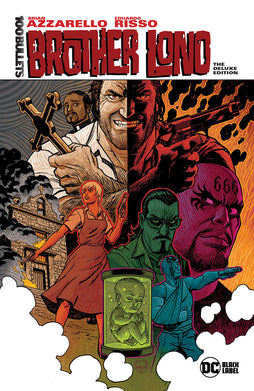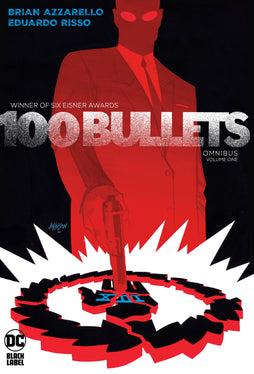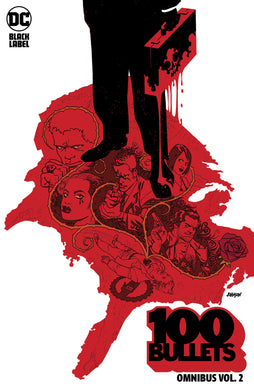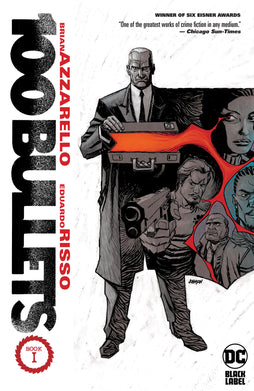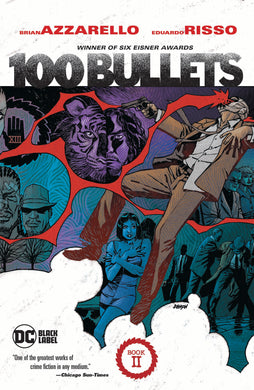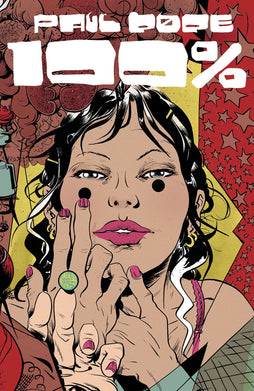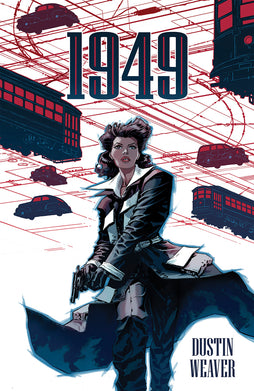PUTINS RUSSIA TRADE PAPERBACK
SALE
PUTINS RUSSIA TRADE PAPERBACK
Writer: Darryl Cunningham
Artist: Darryl Cunningham
Cover Artist: Darryl Cunningham
From schoolyard thug to Russian president: Putin’s rise to power comes under the microscope Darryl Cunningham (Billionaires) returns with the riveting life story of Vladimir Putin, Russia’s infamous autocrat. He traces Putin’s development from schoolyard thug in Soviet-era Leningrad, to KGB officer, to corrupt commodities dealer, all the way to his presidency and beyond. In this educational and frank biography, Putin’s journey is characterized by shifting loyalties, brutal treatment of detractors, and lawless financial dealings. Despite all of this, Putin has retained public support and tremendous importance in Russian society, due to his ever-tightening control over the media and harsh muzzling of critics. Born in 1952, Putin grew up idealizing the KGB, and he became a member of its ranks by early adulthood. Cunningham posits that the speed with which Putin advanced politically was a reflection of the KGB’s need to cement their control of the Russian political system after the dissolution of the Soviet Union in 1991. Since Boris Yeltsin appointed him to the presidency in 2000, Putin has annexed Crimea, rolled back democratic reforms, and led a life of luxury, all the while fostering a cult of personality. In Putin's Russia, Cunningham situates the contentious leader in an analytical framework that is at times hilarious and always compelling.
Writer: Darryl Cunningham
Artist: Darryl Cunningham
Cover Artist: Darryl Cunningham
From schoolyard thug to Russian president: Putin’s rise to power comes under the microscope Darryl Cunningham (Billionaires) returns with the riveting life story of Vladimir Putin, Russia’s infamous autocrat. He traces Putin’s development from schoolyard thug in Soviet-era Leningrad, to KGB officer, to corrupt commodities dealer, all the way to his presidency and beyond. In this educational and frank biography, Putin’s journey is characterized by shifting loyalties, brutal treatment of detractors, and lawless financial dealings. Despite all of this, Putin has retained public support and tremendous importance in Russian society, due to his ever-tightening control over the media and harsh muzzling of critics. Born in 1952, Putin grew up idealizing the KGB, and he became a member of its ranks by early adulthood. Cunningham posits that the speed with which Putin advanced politically was a reflection of the KGB’s need to cement their control of the Russian political system after the dissolution of the Soviet Union in 1991. Since Boris Yeltsin appointed him to the presidency in 2000, Putin has annexed Crimea, rolled back democratic reforms, and led a life of luxury, all the while fostering a cult of personality. In Putin's Russia, Cunningham situates the contentious leader in an analytical framework that is at times hilarious and always compelling.


